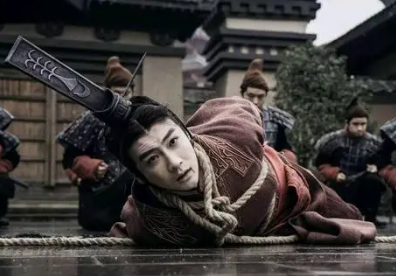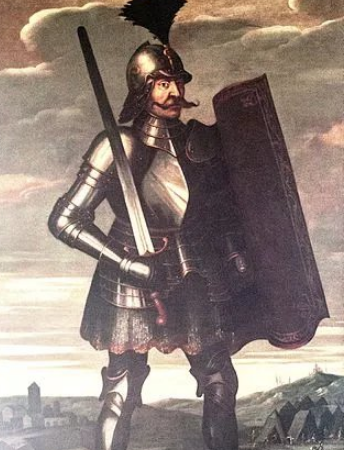In the history of the Ming Dynasty, the capture of Emperor Yingzong Zhu Qizhen by the Wala was a significant turning point known as the "Tumu Incident". However, after capturing Emperor Yingzong, Wala leader Yeshi chose not to continue attacking the Ming Dynasty and eventually released him. So, what did Yeshi fear?

Firstly, Yeshi was apprehensive about the strong power of the Ming Dynasty. Although the Ming Dynasty suffered a major defeat in the Tumu Incident, its strength had not been completely lost. The Ming Dynasty had a large population base, abundant resources, and a powerful military force. If Yeshi chose to continue attacking, it might trigger a comprehensive counterattack by the Ming Dynasty, which would be very dangerous for Wala.
Secondly, Yeshi was apprehensive about the political stability of the Ming Dynasty. After Emperor Yingzong was captured, the Ming Dynasty quickly appointed Zhu Qiyu as the emperor, known as Emperor Jing, to ensure the stability of the court. If Yeshi chose to kill Emperor Yingzong, it might trigger internal chaos in the Ming Dynasty, but it might also provoke resistance from the people of the Ming Dynasty, posing a greater threat to Wala.
Finally, Yeshi was apprehensive about the cultural influence of the Ming Dynasty. The Ming Dynasty was a major cultural power at that time, with profound cultural influence. If Yeshi chose to harm Emperor Yingzong, it might trigger resistance from Ming culture, posing a challenge to Wala's cultural influence.
Therefore, out of fear of the strength, political stability, and cultural influence of the Ming Dynasty, Yeshi ultimately chose to release Emperor Yingzong. This incident also reflects that even in war and conflict, strength, stability, and influence remain important factors determining the outcome.
Disclaimer: The above content is sourced from the internet and the copyright belongs to the original author. If there is any infringement of your original copyright, please inform us and we will delete the relevant content as soon as possible.































